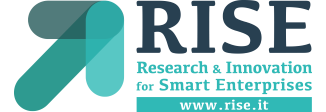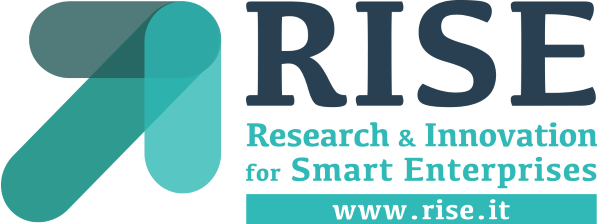|
Circular Economy. A new sustainable paradigm
The today global economy relies on a linear modal, in which resources are extracted from raw materials, transformed into finite products and then discarded as waste after their utilization. With a global population expected to grow to 9 billion in 2050, this model is deemed to be not sustainable anymore.
Circular Economy contrasts this linear model by extending the lifespan of the products, components and materials, following several closed-loop cycles of reuse, redistribution, disassembly and recycle.
The aim of the research is to assess, in a rigorous and systemic way, the economic, environmental and social impact of a transition from “linear” to Circular Economy, by adopting several points of view (firms, supply chain, users and society). More specifically, the research focuses on the White Goods sector (in particular, the washing machine industry), through the development of a simulation model which will support what if analysis.
|
2024 |
|
|
The today global economy relies on a linear modal, in which resources are extracted from raw materials, transformed into finite products and then discarded as waste after their utilization. With a global population expected to grow to 9 billion in 2050, this model is deemed to be not sustainable anymore.
Circular Economy contrasts this linear model by extending the lifespan of the products, components and materials, following several closed-loop cycles of reuse, redistribution, disassembly and recycle.
The aim of the research is to assess, in a rigorous and systemic way, the economic, environmental and social impact of a transition from “linear” to Circular Economy, by adopting several points of view (firms, supply chain, users and society). More specifically, the research focuses on the White Goods sector (in particular, the washing machine industry), through the development of a simulation model which will support what if analysis. |







